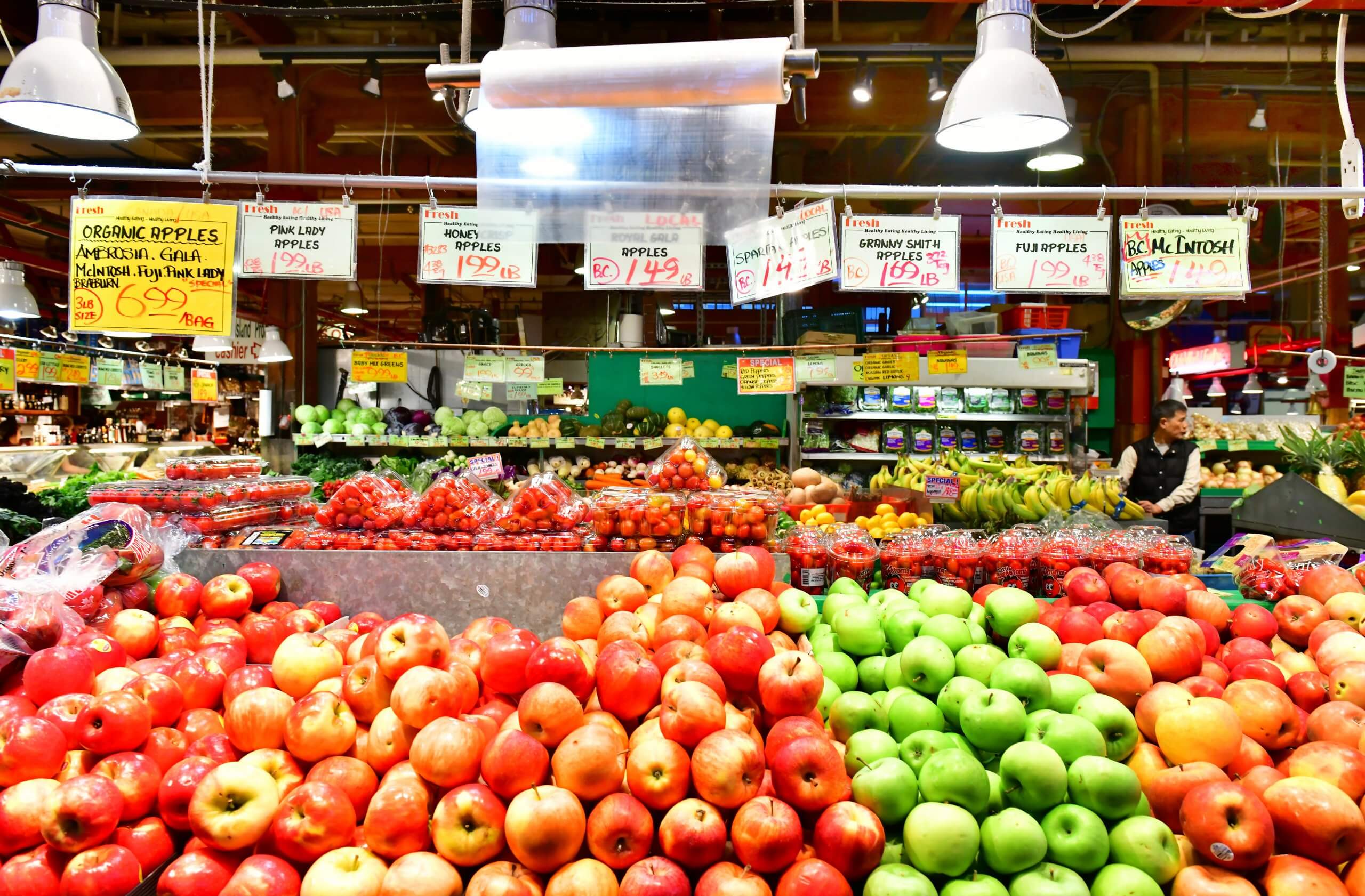The action and its aims
Vancouver Food Strategy is a single, systemic policy framework that aims to align food goals with other non-food city policies and priorities, and to promote a cultural shift among staff so that food systems work is integrated into the work of departments right across city government.
Why it was needed
Vancouver had a significant history of food policy; its Food Policy Council was formed in 2004. The Greenest City 2020 Action Plan identified the need for more coordination and action planning between city departments, the Vancouver Food Policy Council, and various other policies and programmes, in order to increase the city’s food assets and become an urban food systems leader.
Who initiated it, who is involved
The food strategy was developed via a participatory process led by Vancouver City Council and the Vancouver Food Policy Council. It was adopted by Vancouver City Council in 2011. Implementation is spearheaded by the Food Strategy Implementation Steering Committee made up of departmental senior managers, with contributions from other City of Vancouver entities (the Greenest City Action Plan Committee; the Food Systems Steering Committee; Inter-departmental Technical Teams) and non-city entities (Vancouver School Board, Metro Vancouver, Vancouver Coastal Health, B.C. Ministry of Agriculture and Lands, University of British Columbia, Simon Fraser University).
Outcome/how it strengthened coordination
The latest update in 2017 reported that the City has adopted community food market guidelines, by-laws to permit urban farming, and implemented a green bin program to divert organic waste from landfill. Food assets significantly increased, and a new policy requires food assets as part of major re-zonings. 80% of the 71 actions were completed or on-going.

